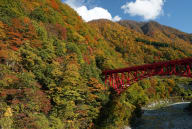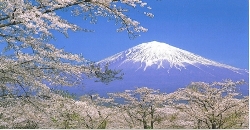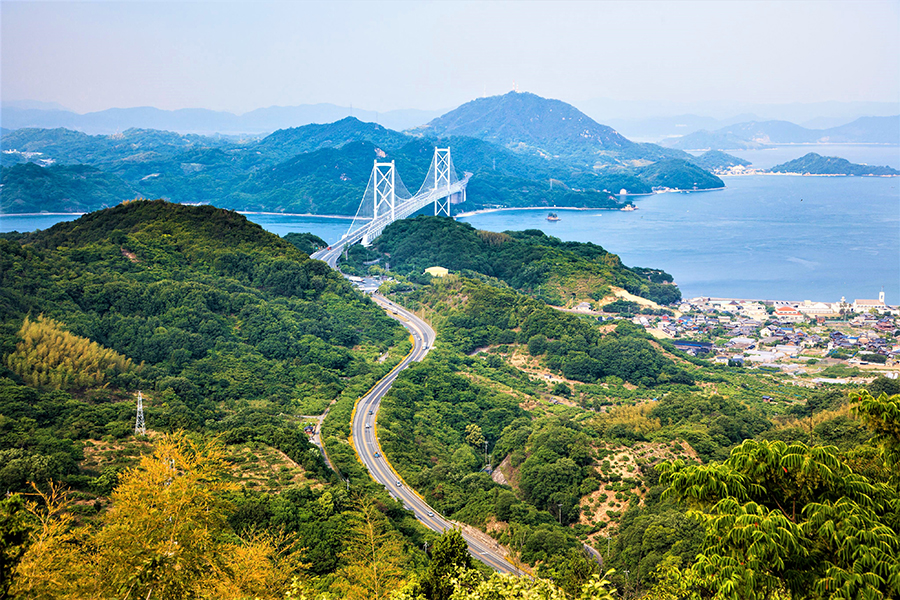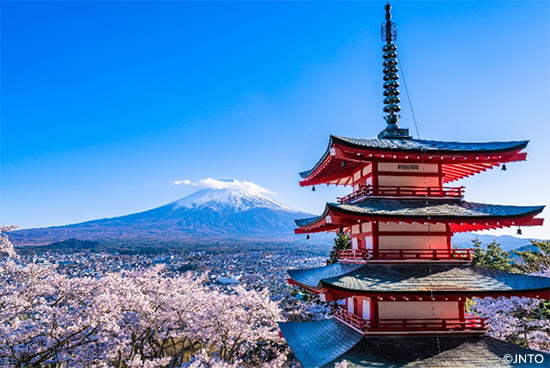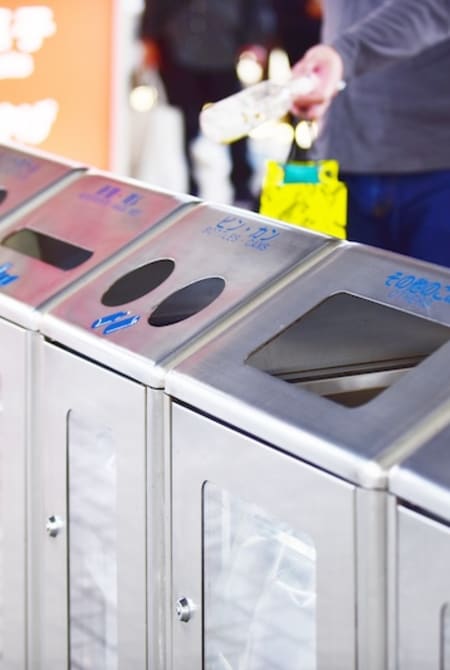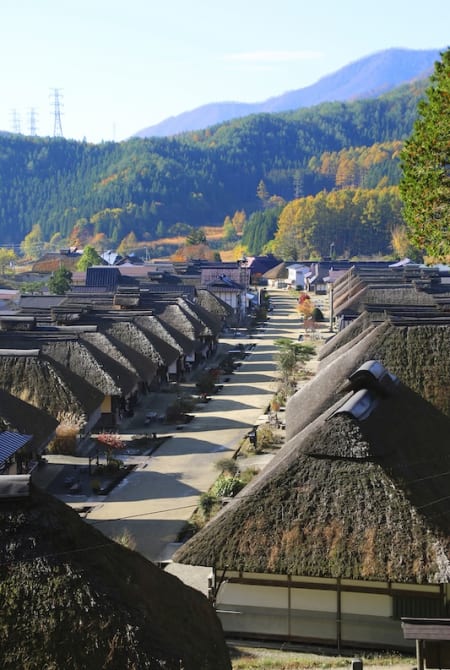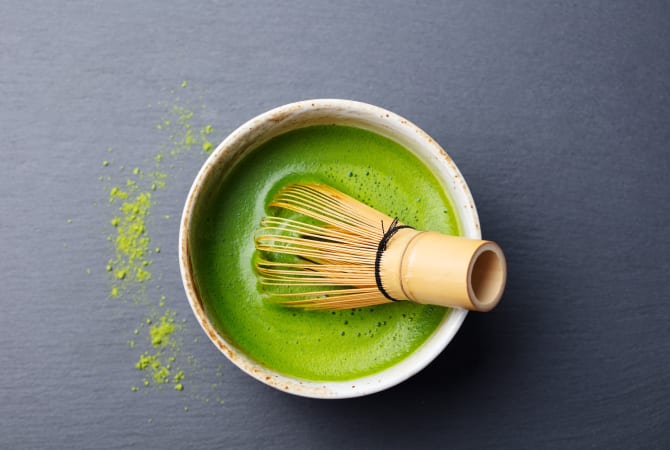Use the
Planning a Trip to Japan?
Share your travel photos with us by hashtagging your images with #visitjapanjp
Enrich your experience of Japan with care and cultural awareness
The most meaningful experiences and memorable journeys begin with respect and mindfulness. With a little preparation and an attitude of courtesy and kindness, you can enjoy a rewarding journey in Japan.
Omoiyari—Consideration for Others
“Omoiyari” is a virtue intrinsic to Japanese culture that boils down to being considerate and courteous towards others. It can be as simple as lowering your voice when talking on the train or leaving luggage in lockers so as not to block sidewalks. Small considerations contribute to social harmony. Embracing omoiyari is key to a smooth experience with positive interactions.
Behavior in public places
While there are some hard and fast rules, most public etiquette in Japan comes down to practicing good manners and being careful not to inconvenience others. Bear the following pointers in mind to ensure you leave a positive impression during your travels.
-
Taking photos and videos
For a truly rewarding experience and stunning shots, be mindful of local customs: respect private property, stay aware of your surroundings, and always ask permission before photographing people.
Read more about responsible photography
-
Managing large luggage
Big suitcases and heavy bags can turn an exciting journey into a stressful and tiring experience, especially on crowded trains and buses. Travel more comfortably by using luggage forwarding services and coin lockers when available.
Learn more about comfortable travel, luggage, and travel etiquette
-
Driving with care
Renting a car lets you explore remote areas and frees you from public transport schedules. When you drive, remember to do so safely and only park in designated areas. Before hitting the road, make sure you are familiar with Japan’s traffic rules.
Learn more about renting cars and driving in Japan
-
Bicycle rentals
Safety is the top priority when cycling, for both you and pedestrians. Whether you are pedaling past countryside rice fields, winding through historic townscapes, or skimming around the city, always wear a helmet and follow the rules of the road.
Learn more about traffic safety guidelines and bicycle parking regulations
Taisetsuni—Respecting Your Surroundings
Clean public spaces and transportation are a source of pride among Japanese residents who place great value on treating their surroundings with respect and care. Embrace the “taisetsuni” approach of treating things carefully and keeping spaces tidy—to experience this deep-rooted culture of cleanliness. It can be as simple as returning your tray at a coffee shop or taking your trash with you when leaving a highway bus.
-
Recycling and disposing of trash
Trash separation is mandatory in Japan, though the rules vary by prefecture or town. Generally, waste is separated into burnable, non-burnable, and recyclable categories. Trash cans are labeled for specific items, such as PET bottles, aluminum cans, steel cans, glass bottles, and paper waste.
Read about mottainai, Japan’s culture of mindful consumption and reducing waste
-
Leave no trace
Wherever you go, be mindful not to inadvertently cause damage—be it by treading on moss in temple gardens or by dragging your suitcase across the tatami flooring of your accommodation. It’s also worth noting that graffiti is a criminal offense. Enjoy the country to the fullest but aim to leave no trace.
Learn more about local laws
-
Putting things back
Showing respect for your surroundings includes leaving places tidy for the next person. Return your tray at coffee shops and fast-food restaurants, take your trash with you when leaving trains, and return rental towels at hot springs to staff or place them in designated collection areas.
Find out about other Japanese manners
Kyoryoku—Making a Positive Contribution
Whether it's maintaining social harmony or waiting for a less crowded train, small, thoughtful actions can make a big difference. “Kyoryoku” is about contributing to positive change, and you can practice it on your travels. Opting for lesser-known destinations and supporting local businesses are just two ways to have a meaningful impact.
-
Shopping locally
Purchasing local produce and traditional crafts helps support the local community and preserves cultural heritage. If you see something that catches your eye, go ahead and treat yourself, knowing that you are contributing to the livelihood of talented artisans.
Discover Japanese crafts
-
Venturing off the beaten path
Japan is made up of 47 prefectures, spread across four main islands and many smaller ones. Include some time in your itinerary to stray beyond the big cities and popular tourist spots. Not only will you discover hidden gems, but you will also give a boost to the communities you visit.
Learn more about venturing off the beaten path
-
Choosing the right accommodation
Ryokan inns provide an authentic Japanese experience, often with hot springs and kaiseki banquet meals. Hotels with a concierge are convenient if you need recommendations. When considering a holiday rental, ensure the property owner has a “private lodging business” license, as illegal property rentals can cause issues for local communities.
Discover vacation-defining stays
-
Being prepared
Planning ahead and making reservations not only makes your journey smoother, but also helps ease congestion at ticket offices, attractions, and transport hubs. With reservations, especially for hotels and restaurants, there is etiquette to consider, such as calling ahead if running late.
Learn more about reservations and staying ahead of the crowd
-
Avoiding busy areas and peak times
Enhance your experience and help ease overcrowding by avoiding peak hours at restaurants and attractions. Many attractions are quieter early in the morning and at the end of the day, and some offer special nighttime admission. Being flexible with your schedule can lead to a more enjoyable and relaxed experience.
Read about off-peak travel and other ways to enhance your visit









































